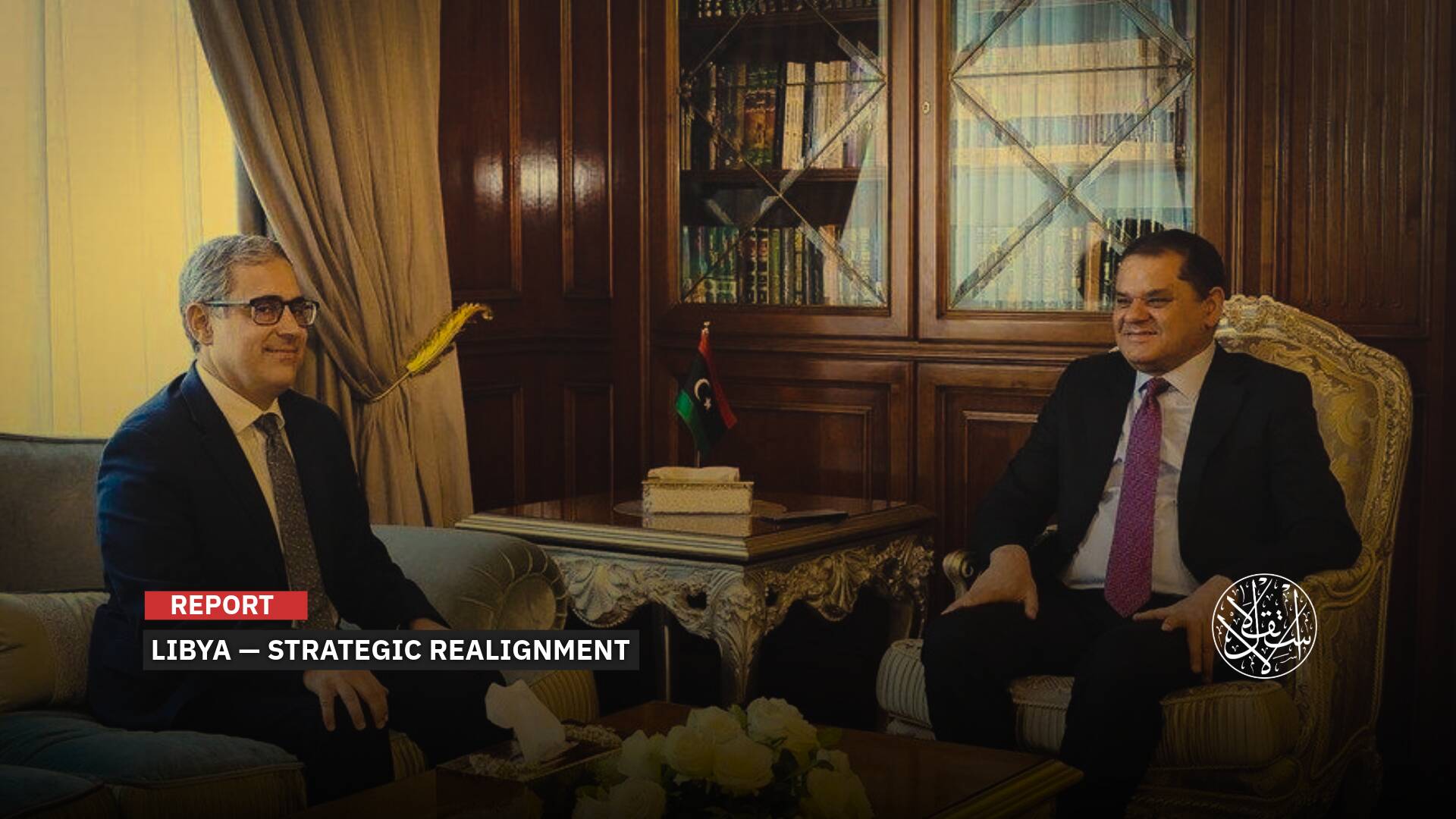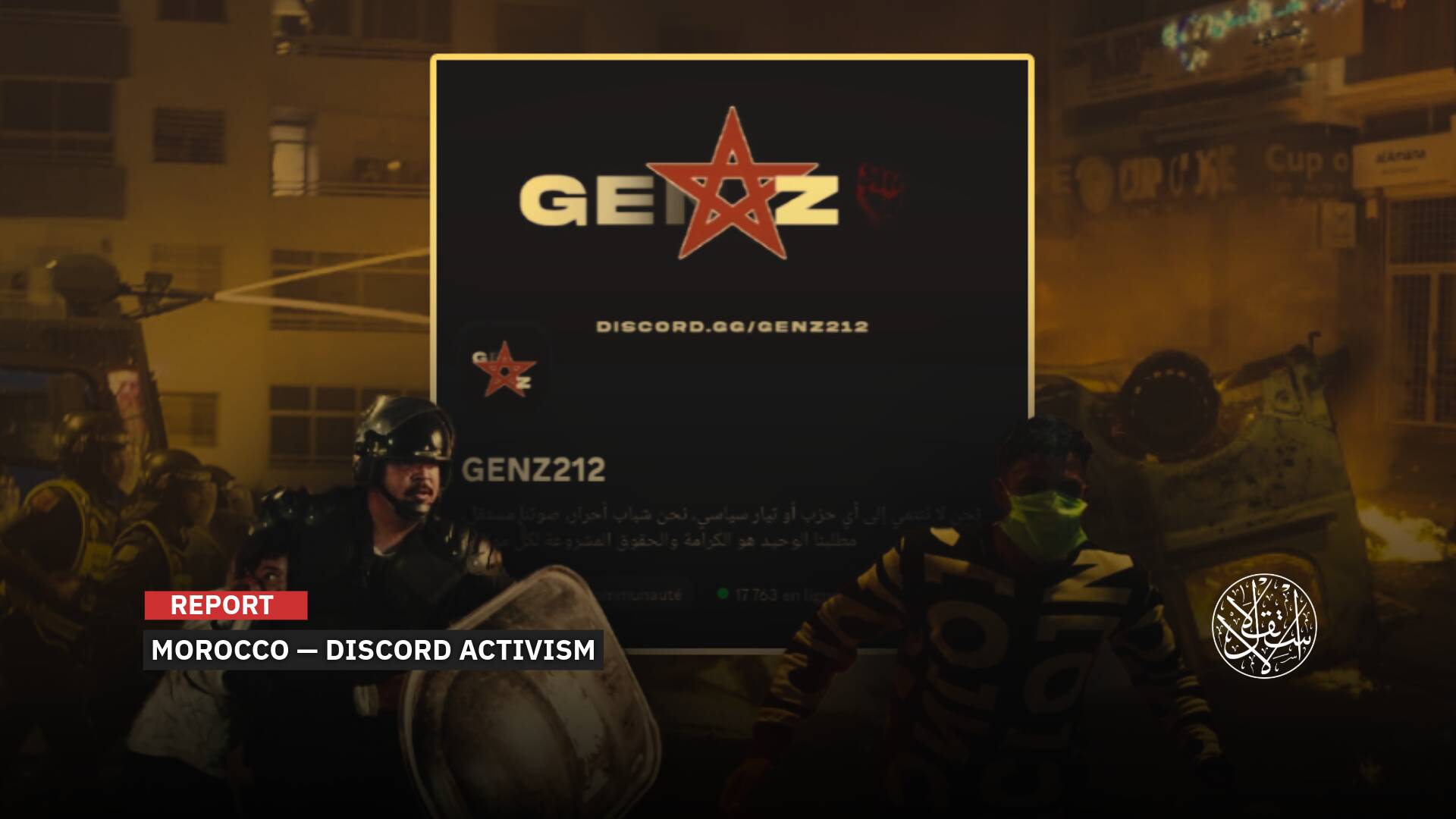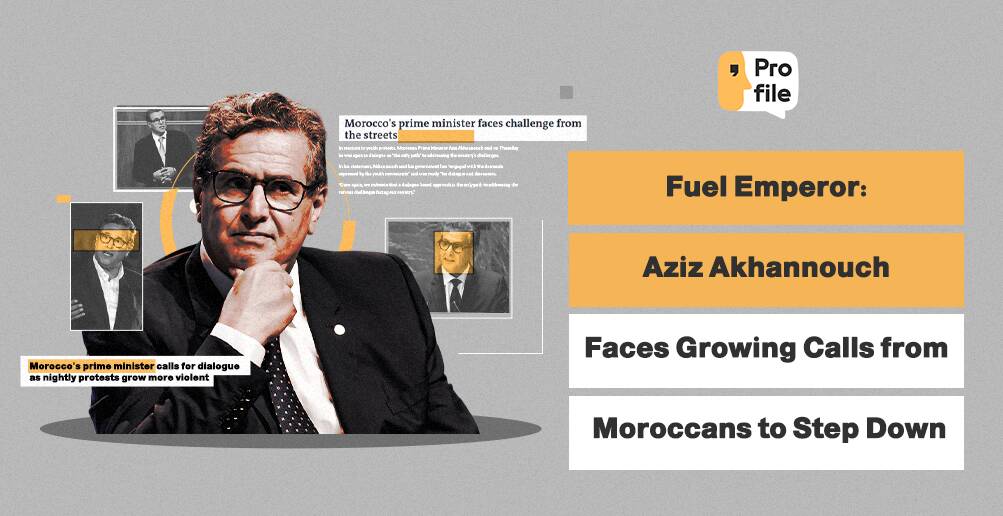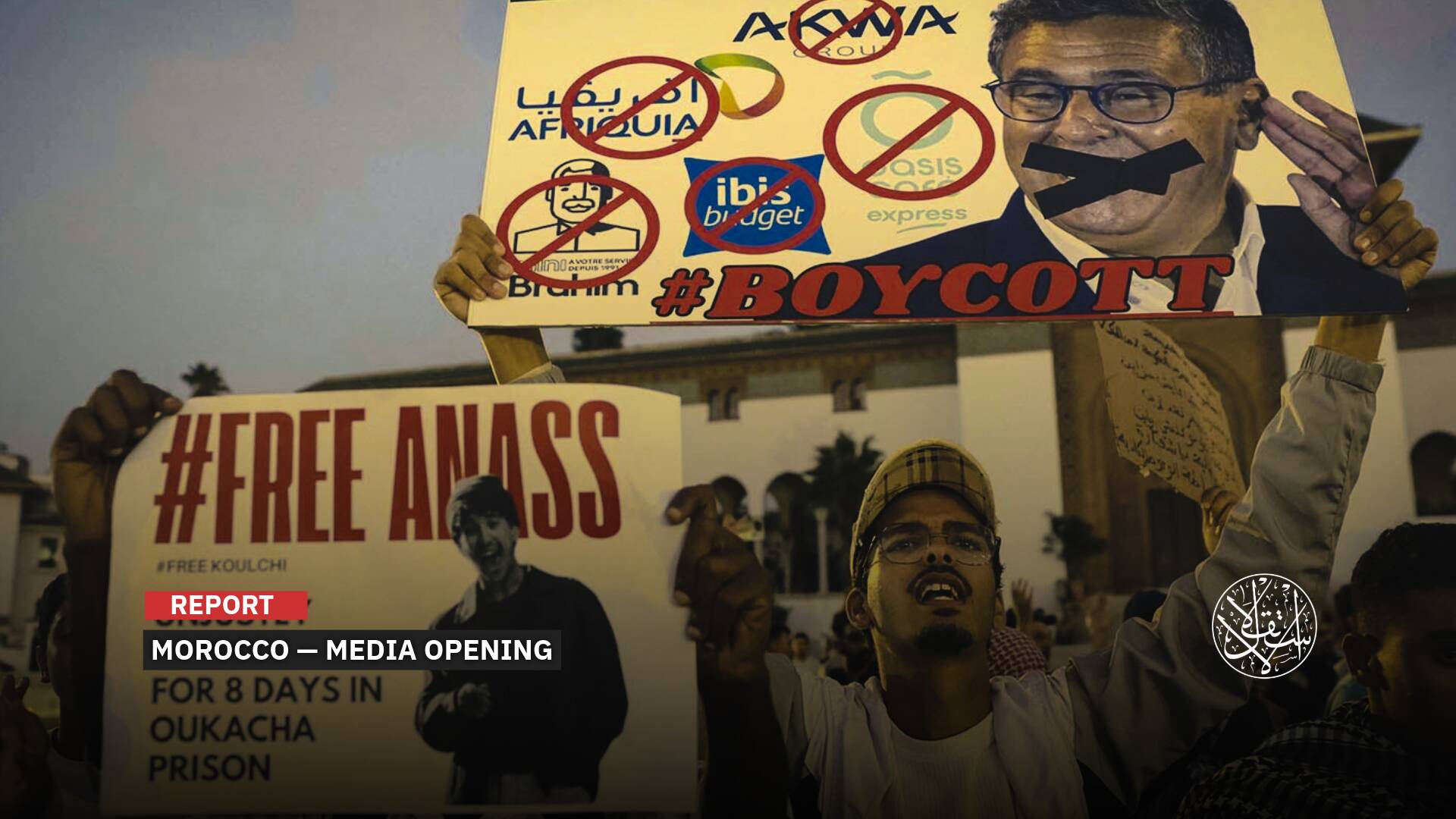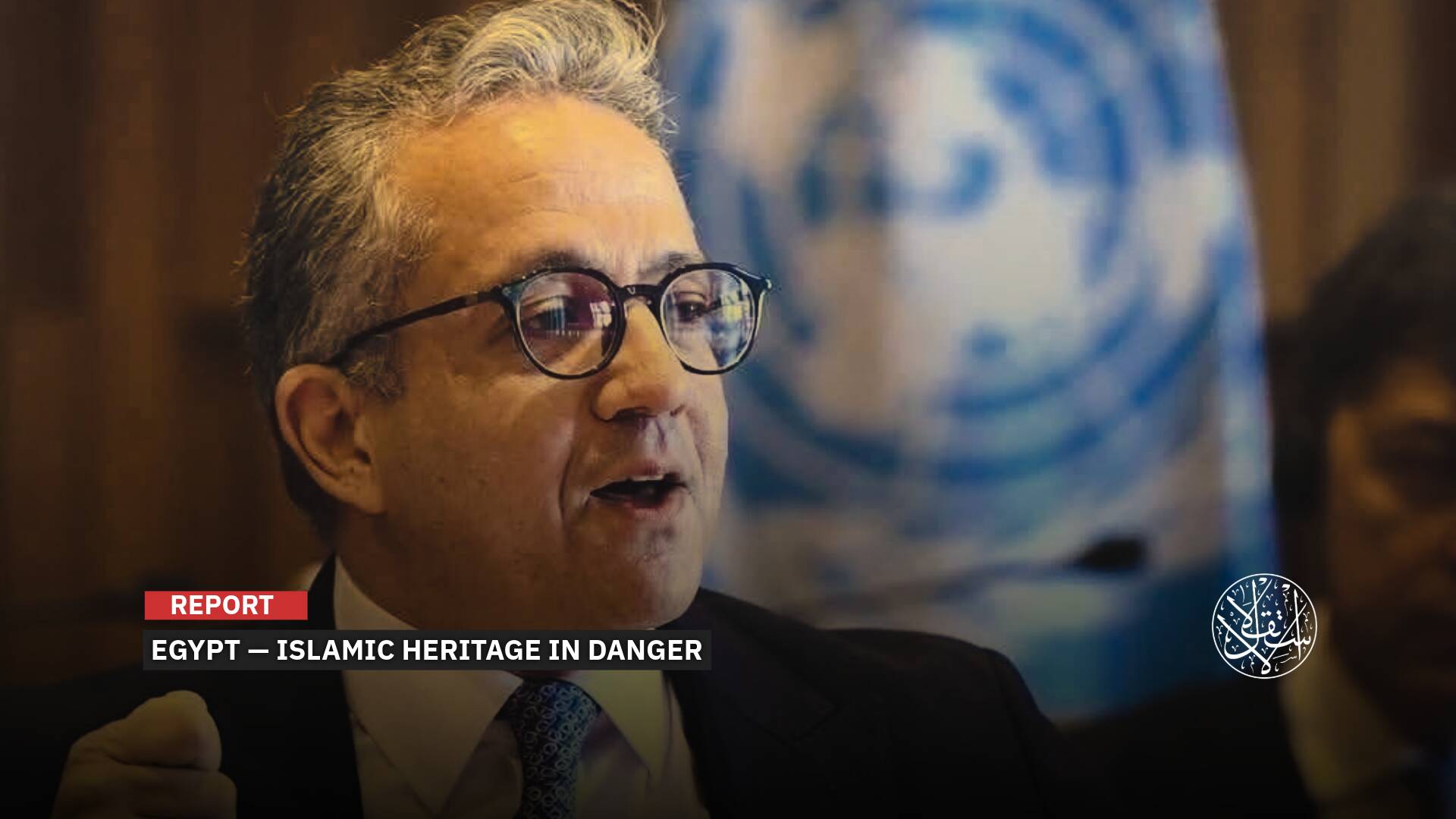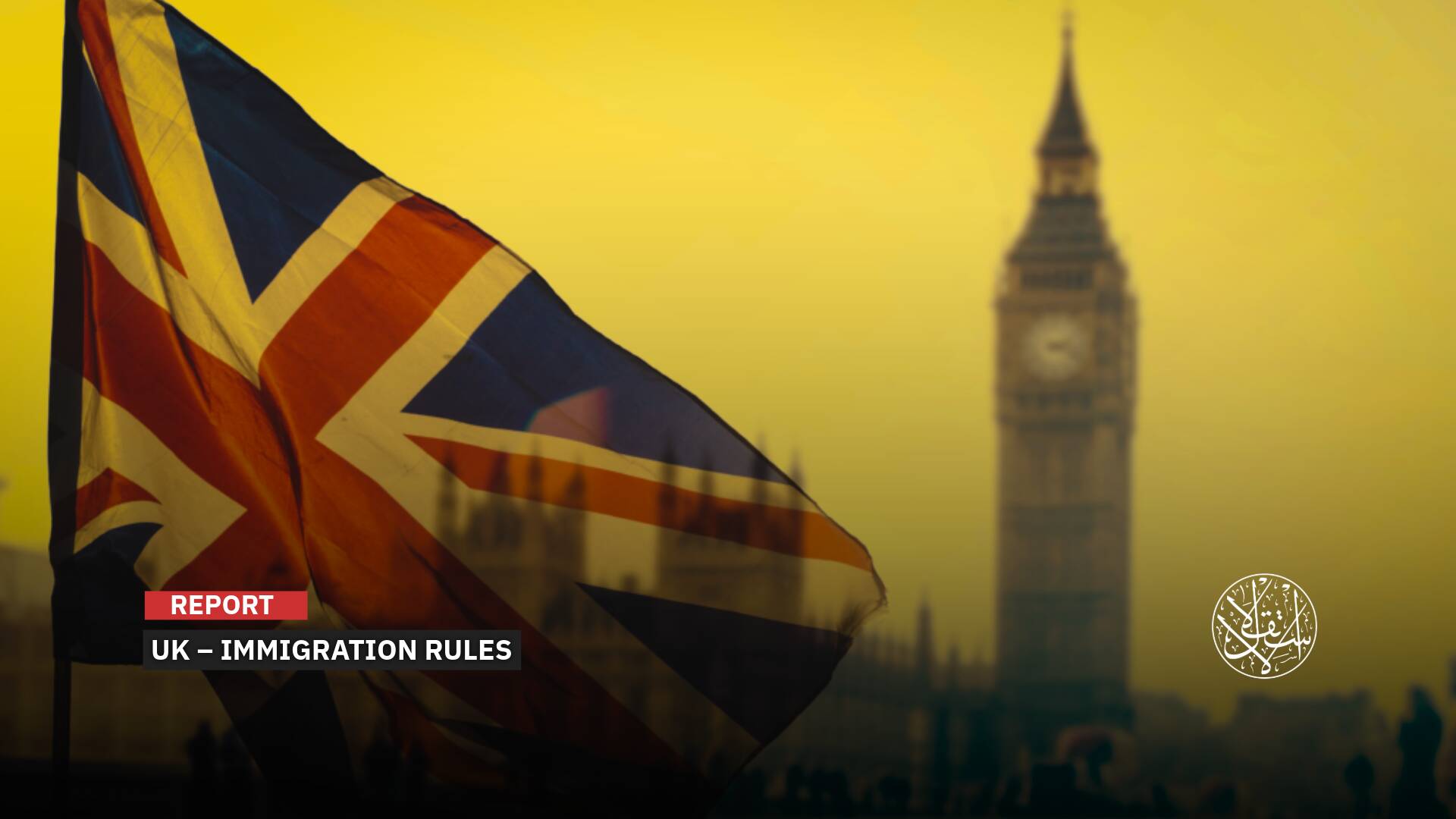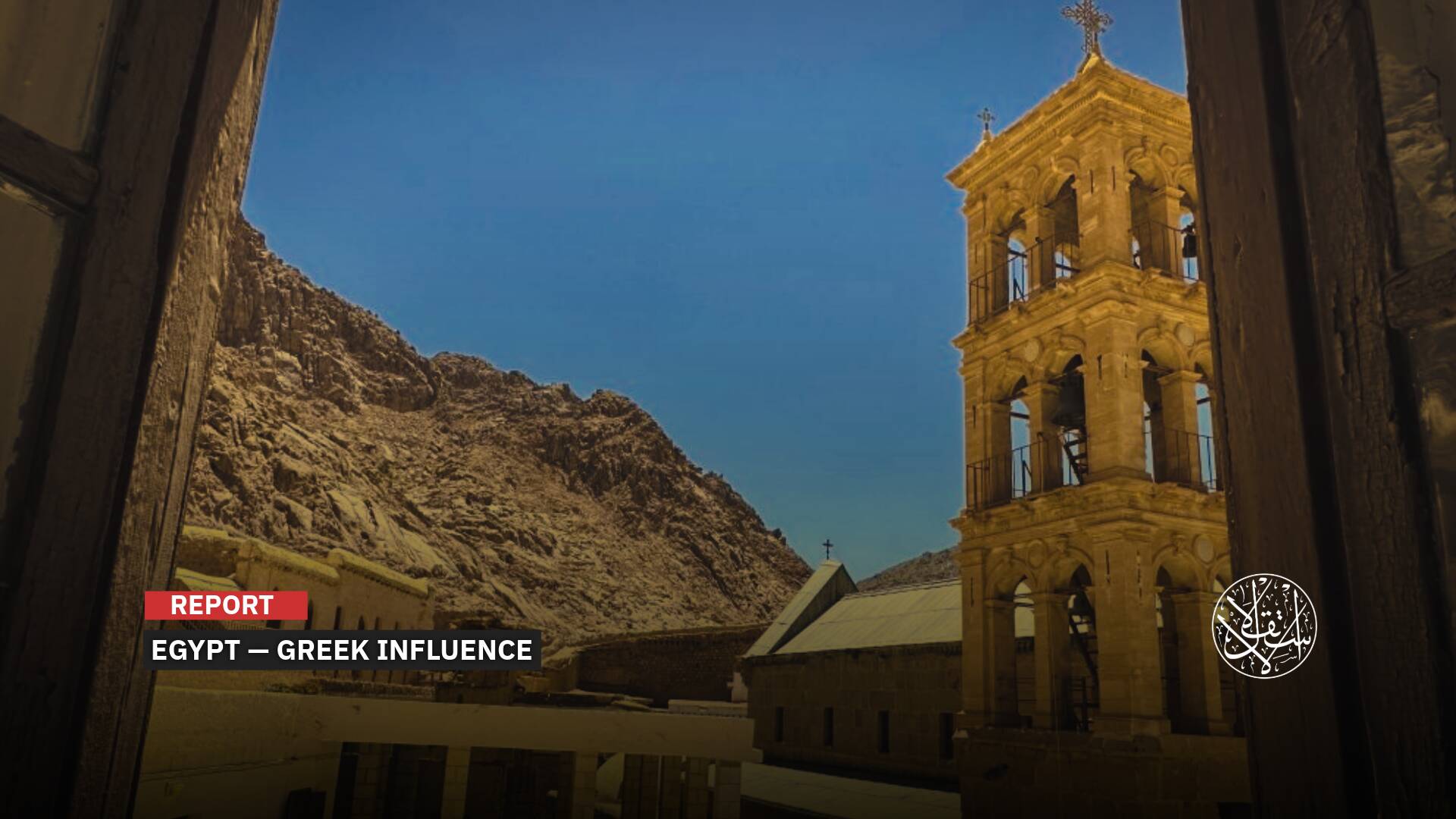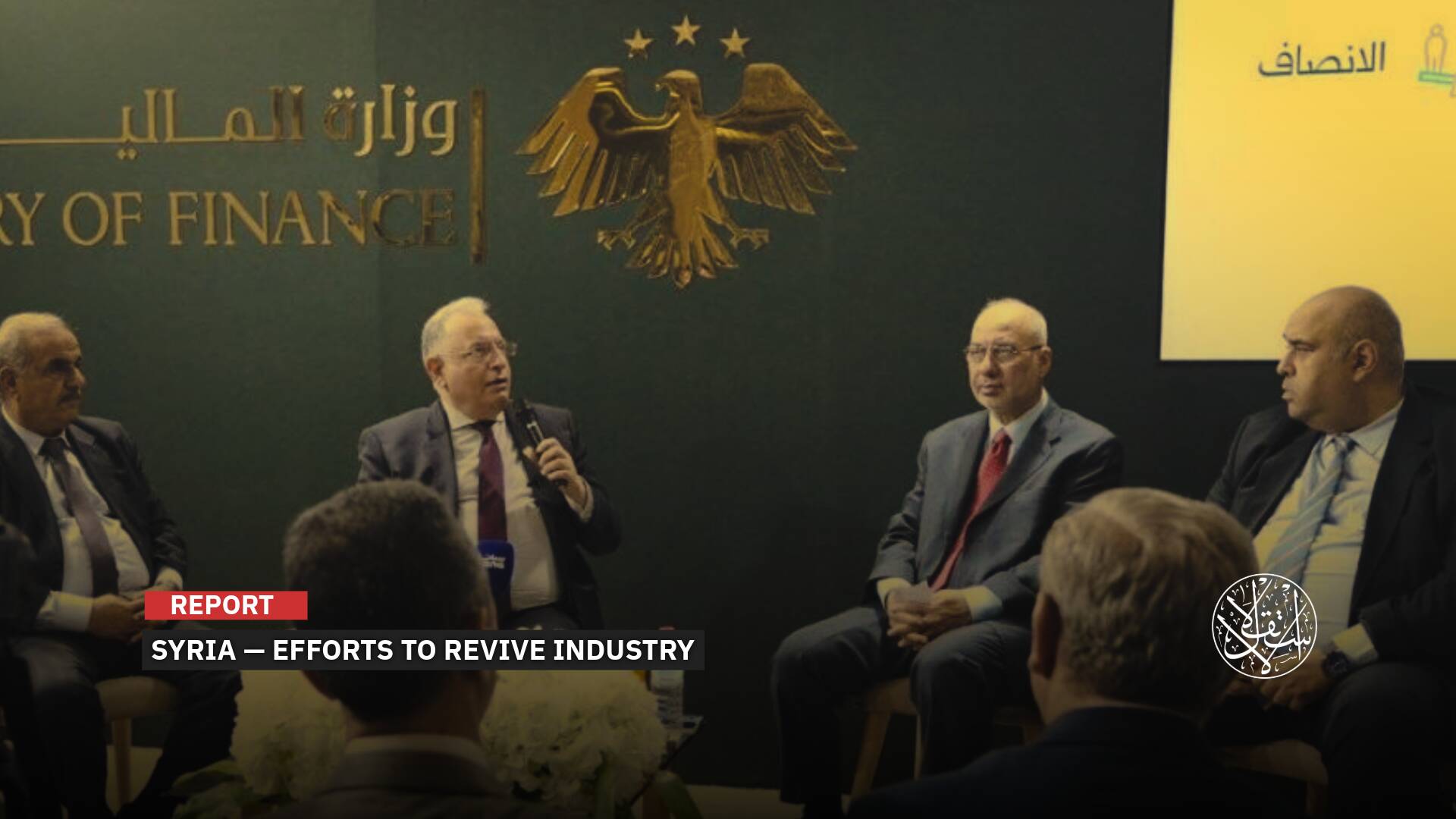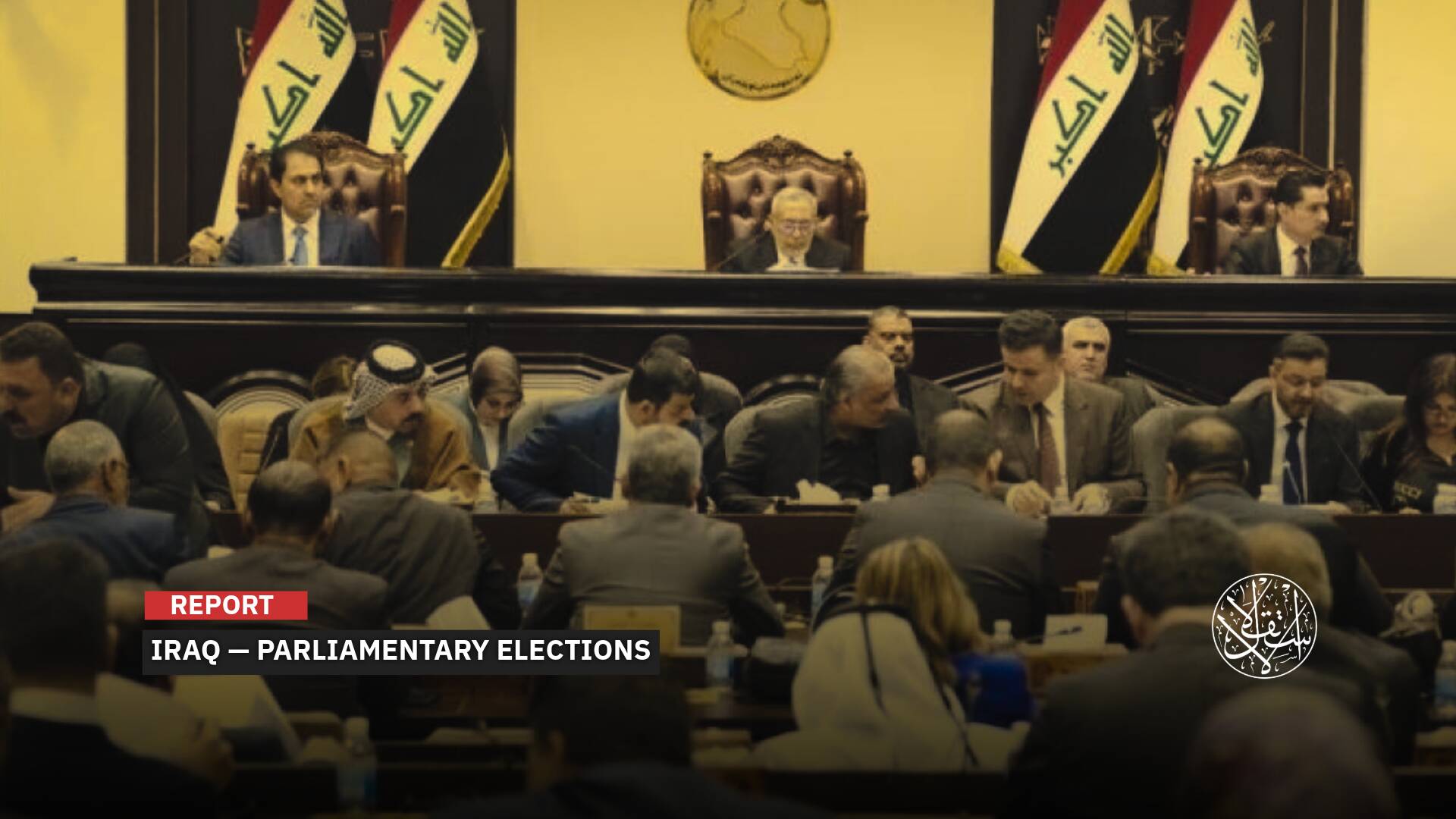Algeria Cuts Diplomatic Ties With Morocco, Why?

On August 24, 2021, Algeria announced the severance of diplomatic relations with its neighbor Morocco over hostile actions.
Algerian Foreign Minister Ramdane Lamamra said, during a press conference, that "his country decided to cut diplomatic relations with Morocco, starting today [Tuesday], due to a series of hostile attitudes and trends" against it by Moroccan officials.
Lamamra added that "his country has been waiting since July 16, 2021, for an official clarification from the Moroccan leadership regarding the statements of its representative to the United Nations, in which it "infringed Algeria's sovereignty,” by speaking about supporting the independence of the Kabylie region.
The Algerian minister accused Morocco of becoming "a rear base for supporting a series of serious attacks against Algeria, the latest of which was false accusations against Algeria by the Israeli foreign minister, in the presence and instigation of his Moroccan counterpart."
Lamamra also referred to "the documented cooperation of the Moroccan kingdom with two organizations that Algeria classifies as terrorist organizations: MAK (Movement for Kabyle Independence) and Rashad (Islamic trend), which were proven to be involved in Algeria's recent fires (in the forests)."
The French newspaper, "La Croix,” reviewed the differences between the two Arab neighbors, hinting that the tension reached its peak in the summer of 2021, and referring to Israel's role in the new crisis.
In its report, the French newspaper pointed out that Algeria condemned, on August 18, 2021, what it described as "the continuous hostilities committed by Morocco against Algeria."
The newspaper said that "relations deteriorated between Morocco and Algeria after the recent rapprochement between Morocco and Israel," referring to the normalization agreement between Tel Aviv and Rabat on December 10, 2020.
The Algerian Supreme Security Council announced in a press statement that "the ongoing hostilities committed by Morocco against Algeria necessitated a review of relations between the two countries, and the intensification of security controls on the western borders."
“Just like the land borders closed since 1994, and the diplomatic war over the Western Sahara issue, the issue of (tribes) secession was also added, along with Morocco’s amazing rapprochement with Israel,” according to the newspaper.
Algeria Fires
For his part, Algerian President Abdelmadjid Tebboune accused Morocco of supporting the separatist "tribal movement" calling for self-determination of the Kabylie region, which Algeria has classified since May 2021 as "terrorist.”
In addition, the Algerian authorities attributed the fires that hit the Kabylie region, and many places, to the "Self-Determination Movement" in the Kabylie region, and the "Rashad" organization loyal to the movement, which is also classified as a "terrorist.”
In its interpretation of the term "hostile acts" launched by Algeria, "La Croix" said: "It stands behind the fires that left 92 dead, and thousands displaced between August 9 and 16, 2021, even if the material evidence for these accusations is, of course, absent."
The newspaper added that "Rabat, in its quest for a counter-reaction to Algeria's support for the Polisario, crossed the red line in mid-July 2021 by distributing its diplomatic representative in New York, a report talking about the right of self-determination for the Kabyle people."
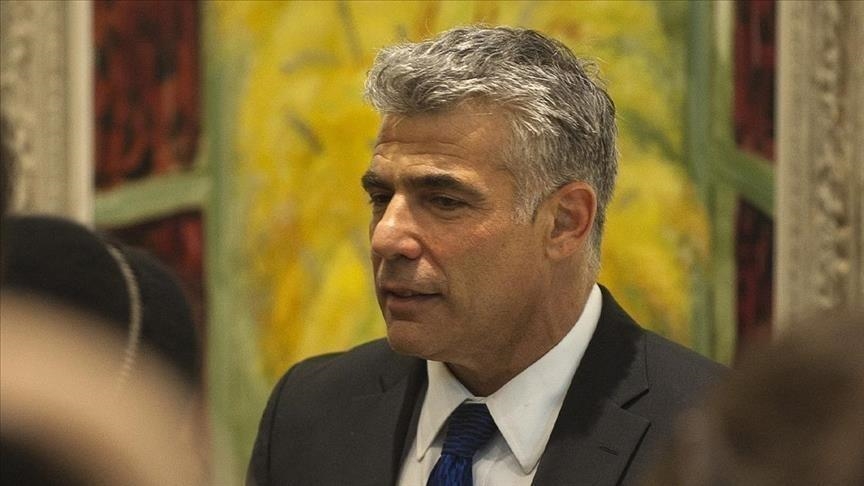
The French newspaper pointed out that "Algerian Foreign Minister Ramdane Lamamra's strong condemnation of the Moroccan diplomat's report was accompanied by an implicit threat that Morocco would find itself facing a separatist claim in the Moroccan countryside."
"This Berber-speaking region of northern Morocco is in constant conflict with the central government in Morocco," says La Croix.
A former Algerian diplomat says in this context that "there is an unwritten deterrence agreement that united the Algerian and Moroccan regimes not to use the tribes and the countryside as an extension of their conflict over the Western Sahara."
The Algerian diplomat adds: "But we must now consider that this agreement is over."
He explains that "Moroccan financial support for the leadership of the Movement for the Self-Determination of Tribes abroad raises a little doubt among dissidents from the movement."
"We do not yet know anything about the measures in Algiers to support the Moroccan Rif movement," asserts the Algerian diplomat.
He expects that "this could change after the statements contained in the press release from the Algerian Supreme Security Council."
Israeli Heating
The French newspaper believes that "Israeli Foreign Minister Yair Lapid's announcement, during his visit to Rabat on August 12, 2021, about his country's concerns about Algeria due to its proximity to Iran, led to a tense situation between the two countries."
The newspaper commented: "Morocco's rapprochement with Israel, which was suggested by the case of the Israeli spyware (Pegasus), is what fueled the government's propaganda in Algeria during the fires."
“That propaganda in particular was the drones that Israel provided to Morocco, which would have fueled the spread of fires in the Kabylie region,” according to La Croix.
It added, "The Algerians did not accept the aggressive rhetoric of the two regimes, nor the normalization of relations between Morocco and Israel, in exchange for former US President Donald Trump's recognition of Morocco's sovereignty over Western Sahara."
The newspaper pointed out that "the review of the relations referred to in the statement of the Algerian Supreme Security Council includes the reissuance of trading visas between the two countries, and the reduction of economic cooperation at a time when the two markets need more outlets."
It believes that "this review of relations may be embodied on the ground by Algeria's rearming of the Polisario, which announced that it was no longer interested in a ceasefire, and that it had been at war against Morocco in Western Sahara, since November 2020."


